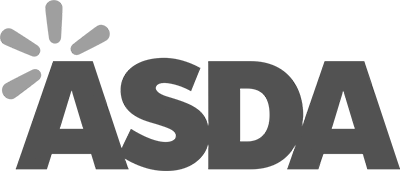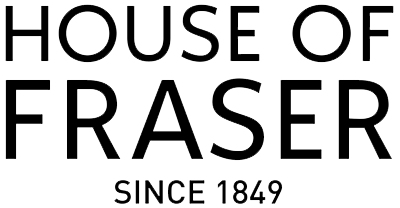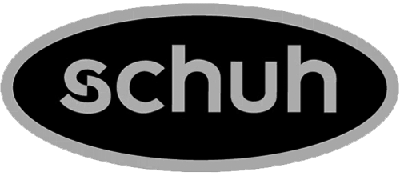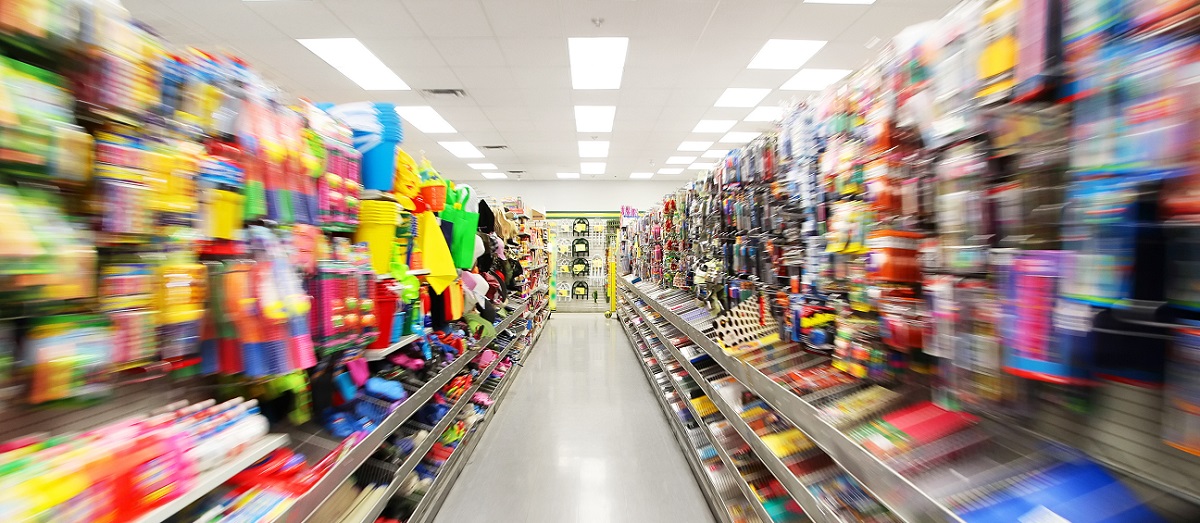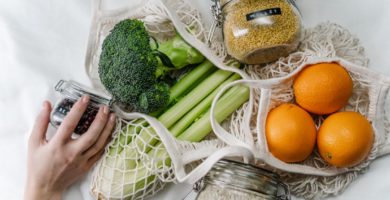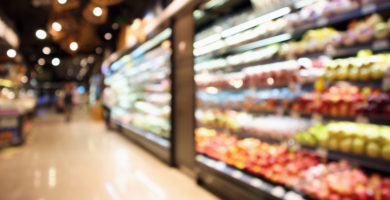Much has been made of the growth in own and private label sales. I’m combining them because they are both about supermarket profits and both are a threat to brands, although there are instances where both can co-exist on the shelf and thrive together.
According to ingredients supplier Kerry and NielsenIQ quoted in Grocery Dive, “private label sales are poised to accelerate after a disappointing 2020 thanks to continuing innovation, e-commerce potential and consumers’ growing willingness to try new brands.” The consumer figure also comes from NielsenIQ, “Two-thirds of consumers have shifted their buying habits in recent months (2021), while the percentage of newly budget-conscious consumers doubled between September and December.
Anyone could be forgiven for thinking there was an almighty rush away from brands, particularly as politicians were advising cash-strapped consumers to choose so-called value products. However, now there is news that megabrand conglomerate Nestle has seen sales rise 9.2% to 45.6bn Swiss francs (£39bn) in the half year. Net profit decreased by 11.7% to 5.2bn francs although the company was still able to load on 6.5% in higher prices.
Prices for pet food rose even more, by 8.8%, but as soon as it was announced that some brands might not be available in supermarkets that had threatened to delist products that tried to pass on what they felt were excessive price rises, the shelves were cleared; clearly when it comes to their precious pets, consumers want their brands. Tibbles deserves only the best.
It is also worth pointing out that private label only accounts for 4% of supermarkets’ sales, although the rate of growth does prove there is still a lot of potential. So what can we conclude? All the surveys looking into brand loyalty say that it has fallen but there is no evidence that brands are suffering beyond the current crises around squeezed supply lines and falling consumer confidence.
Anyone with a long memory will know that this debate has been going on for more than 20 years and there is no evidence that brands are cutting back on innovation and new products. The challenge facing both own/private label and brands is changing consumer habits around health and the rise of non-meat/dairy/fish diets.
Most of the innovation in meat and dairy substitutes has only been possible using ultra processing techniques and ingredients. So for as long as the buyers of these products think they are more healthy than burgers, pizzas, sausages and ready meals, then both brands and own label manufacturers are safe. If the rise in self-sufficiency and whole food diets ever becomes mainstream, then both parties have a problem.
How many ingredients in a typical loaf of branded bread? 21. How many in my home-made loaf? 3.

